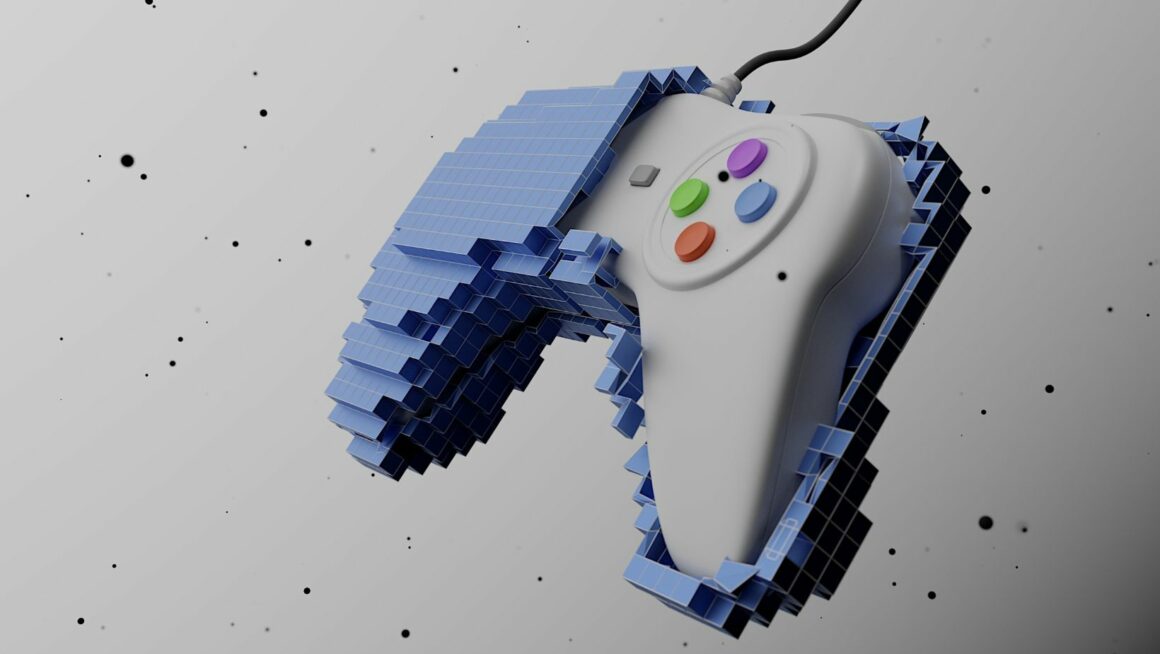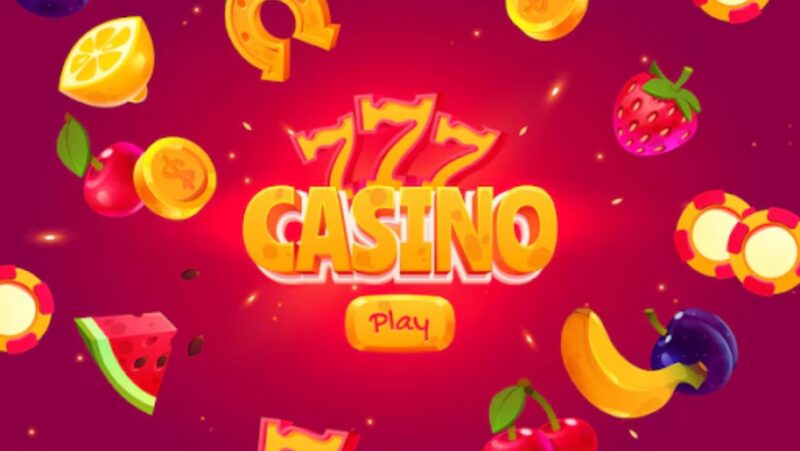How Crypto Games and Blockchain Is Changing the Gaming Industry

Crypto games are changing the gaming industry. They offer a new frontier of digital experiences that blend entertainment with financial opportunity. This article will look into how blockchain technology is transforming the gaming industry. You will also gain insights into the various types of crypto games, their benefits, challenges, and future potential.
Furthermore, this Blokpoint guide can help you understand how blockchain is reshaping the industry.
What Are Crypto Games?
Crypto games or blockchain games use blockchain technology to create unique, decentralized gaming experiences. Unlike traditional games, they incorporate digital currencies and assets that your players can buy, sell, and trade, providing a new level of interaction and ownership.
What is the Difference Between Traditional Games and Crypto Games?
The key distinction lies in ownership and control. In traditional games, assets are often confined to the game’s ecosystem, with little to no real-world value. Crypto games, however, enable you to own your in-game assets through NFTs (Non-Fungible Tokens). This allows for trade and monetization outside the game environment.
Why Integrate Blockchain Technology into Your Gaming Project?
Blockchain ensures transparency and security, recording all transactions on a distributed ledger. This decentralized approach removes the need for intermediaries, ensuring the trustworthiness and integrity of transactions and ownership within the your game.
The Evolution of Crypto Games
Blockchain gaming began with early projects like CryptoKitties, which introduced the idea of owning digital assets on the blockchain. These early games laid the foundation for the industry’s growth, demonstrating the potential for blockchain technology in gaming.
Milestones in the Crypto Gaming Industry
Milestones include the rise of Play-to-Earn (P2E) games and the expansion into the Metaverse. The launch of high-profile games and partnerships between major studios and blockchain companies have further propelled the sector forward.
Current State of Crypto Games
Crypto games or blockchain games use blockchain technology to create unique, decentralized gaming experiences.
Unlike traditional games, they incorporate digital currencies and assets that your players can buy, sell, and trade, providing a new level of interaction and ownership.
Types of Crypto Games
Play-to-Earn (P2E) Games
P2E games reward players with cryptocurrency or tokens for their in-game activities. This model incentivizes participation and offers your players a tangible benefit for their time and effort.
NFT-Based Games
NFT-based games use unique digital assets that your players can buy, sell, and trade. These NFTs can represent various in-game items, characters, or properties, each with distinct value and rarity.
Metaverse Games
Metaverse games create expansive virtual worlds where your players can interact, build, and trade. These games often integrate various blockchain technologies to enable seamless interactions.
Examples include Axie Infinity for P2E, Decentraland for Metaverse, and The Sandbox for NFT-based gaming. Each game demonstrates the impact and potential of blockchain technology in gaming.
Benefits of Crypto Games
Ownership and Control Over In-Game Assets
Blockchain technology enables ownership of in-game assets. This will allow your players to retain control and transfer assets outside your game environment.
Transparency and Security Through Blockchain
The decentralized nature of blockchain provides transparency and security. This also ensures that all transactions and ownership records are immutable and verifiable.
Monetization Opportunities for Players
Crypto games offer various monetization opportunities, including trading assets, earning cryptocurrency, and participating in virtual economies.
Challenges Facing Crypto Games
Regulatory Concerns
The laws and regulations for cryptocurrencies and blockchain technology are evolving. This creates uncertainties and potential obstacles for game developers and players alike.
Scalability Issues
As the number of players and transactions increases, scalability can become a challenge. This can potentially impact the performance and user experience of your blockchain games.
User Adoption and Accessibility
Widespread adoption of crypto games requires overcoming barriers related to user understanding and accessibility. Educate your players and ensure ease of use for your games.
Possible Solutions and Ongoing Developments
Developers are actively working on solutions to address these challenges. This includes advancements in blockchain technology, regulatory compliance measures, and user-friendly interfaces.
How to Get Started with Crypto Games
Select the Right Game Platform
Choose a suitable platform that can involve the following evaluating factors such as:
- Game quality
- Community support
- Integration with blockchain technology
Set Up a Crypto Wallet
A crypto wallet is essential for managing digital assets and participating in crypto games. Setting up a secure wallet is a fundamental step for new players.
Purchase In-Game Assets
Acquiring in-game assets typically involves purchasing cryptocurrency or tokens, which can then be used to buy digital items or participate in the game’s economy.
Safety Tips for New Players
New players should ensure they follow best practices for securing their digital assets. Thry should also use reputable platforms and safeguarding their private keys.
The Role of NFTs in Crypto Games
What are NFTs and why are they relevant?
NFTs represent unique digital assets that players can own and trade. In gaming, NFTs add value by providing verifiable ownership and scarcity to in-game items.
Examples of Popular NFT Games
Games such as Axie Infinity and The Sandbox use NFTs to enhance player experiences and create new monetization opportunities.
Future Trends in NFT Gaming
The future of NFT gaming includes further integration of NFTs into diverse game genres nd evolving market trends.
The Future of Crypto Games
The future of crypto games involves,
- Increased mainstream adoption
- Innovations in gameplay and
- Rechnology, and the continued growth of the Metaverse.
As blockchain technology matures and becomes more accessible, crypto games are likely to see broader acceptance and integration into the mainstream gaming market.
Advancements in blockchain technology, such as improved scalability and enhanced security, will further shape the evolution and capabilities of crypto games.
Conclusion
Crypto games and blockchain technology are reshaping the gaming industry, They can also offer new opportunities for players and developers alike. The potential of these innovations is evident in the growing adoption of crypto games and benefits of true asset ownership. Harness the power of this evolving sector by reaching out to SEO and marketing experts who specialized in blockchain and crypto games. They can help you navigate the complexities of the market and optimize your strategies for success.








